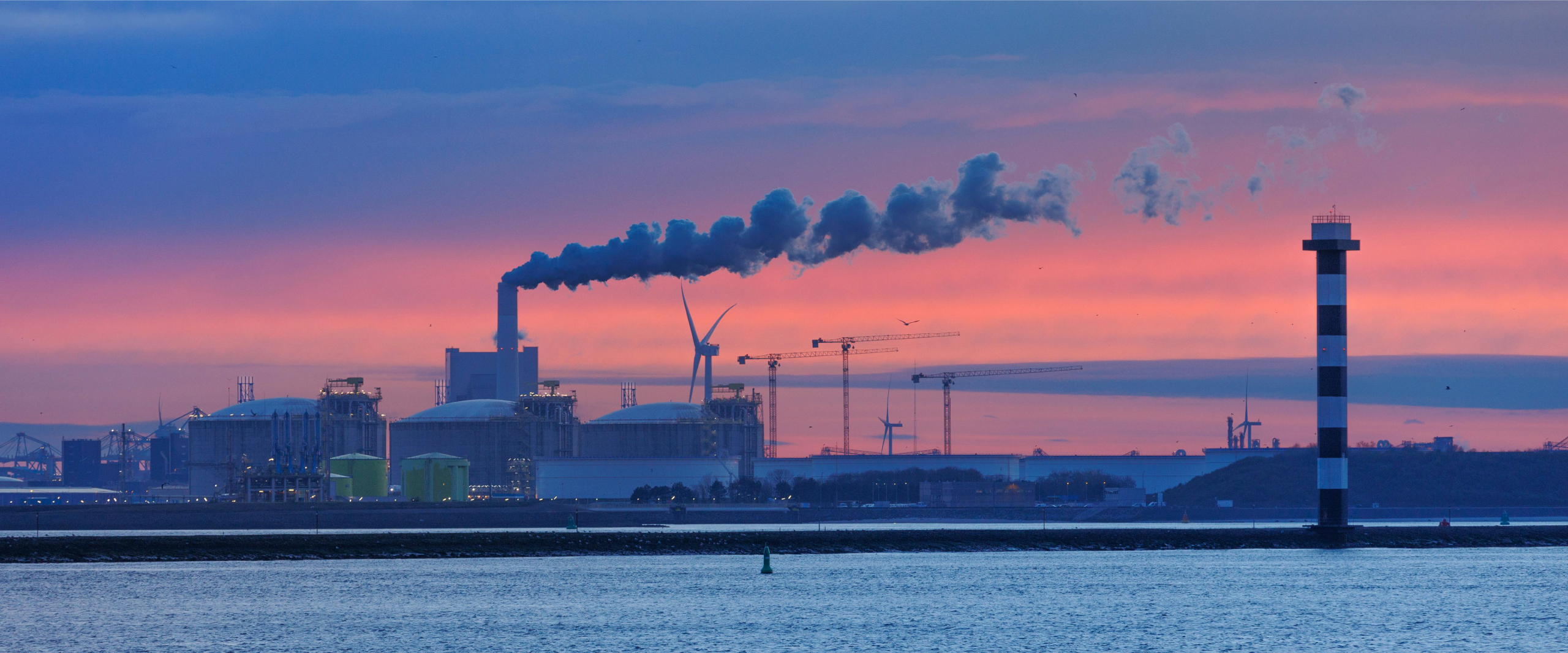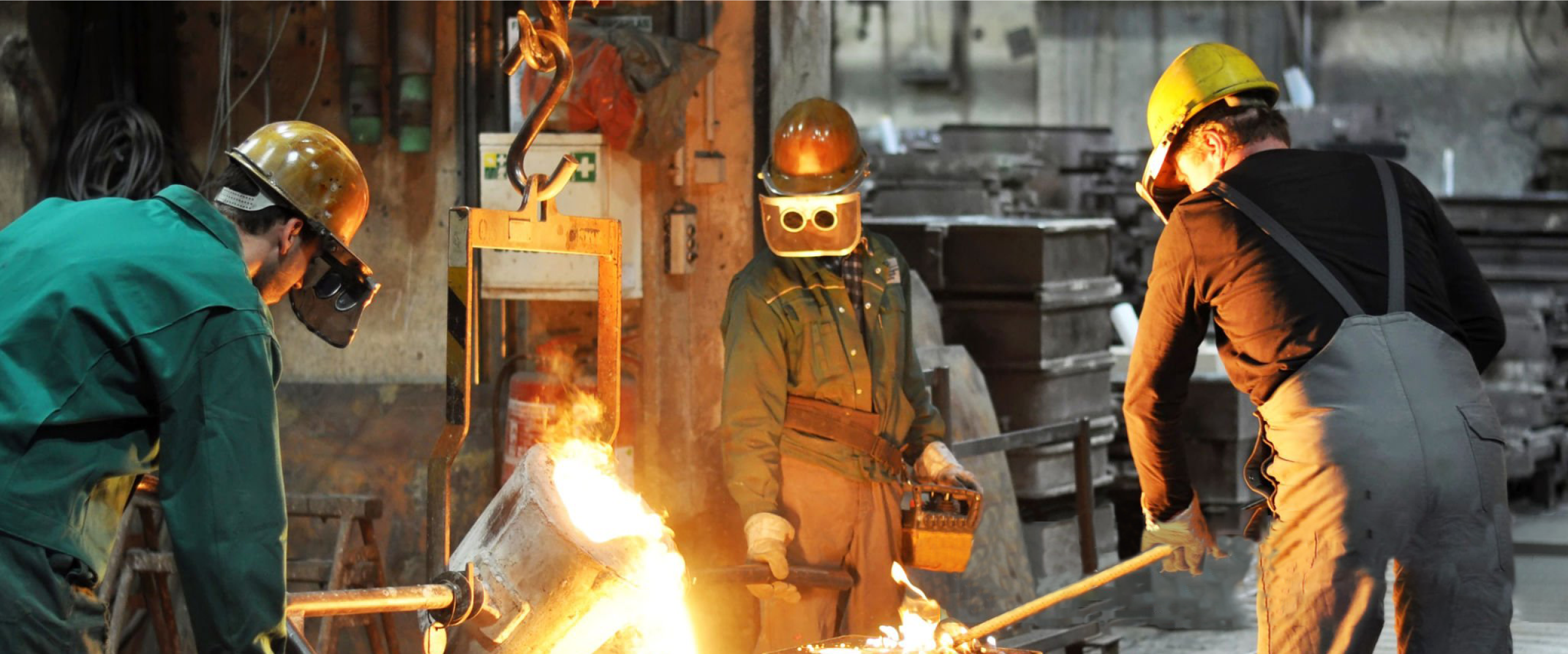
Clean power and heat
Generation
Biochar, in the form of torrefied wood pellets, is the lowest-cost alternative for leveraging sunk investments in existing coal-fired power stations or district heating plants, while reducing GHG emissions by 90%.

Carbon sequestration
in biochar
The carbon in biochar can be stored in the soil for a long time, which helps slow down the increase of carbon dioxide in the atmosphere and has a certain mitigating effect on climate change.
Voluntary carbon market
The production of biochar allows for the generation of high-quality carbon sequestration credits,due to the longevity of carbon storage which is measured in several hundred years.


Green steel and metal
Production
The metallurgical industry accounts for almost 10% of global GHG emissions. The production of steel, silicon and various other metals implies energy-intensive processes that also require carbon as a reducing agent to remove oxygen from ore. Today,the most common form of carbon used by the industry is fossil carbon from coal and coke.

Organic soil amendment
When used as an amendment, biochar improves soil fertility and promotes plant growth, while reducing the need for chemical fertilizers and irrigation. lt also improves crop yield by increasing soil aeration and drainage,micro-organism activity and nutrient retention.
Exploring Carbonization Technology













